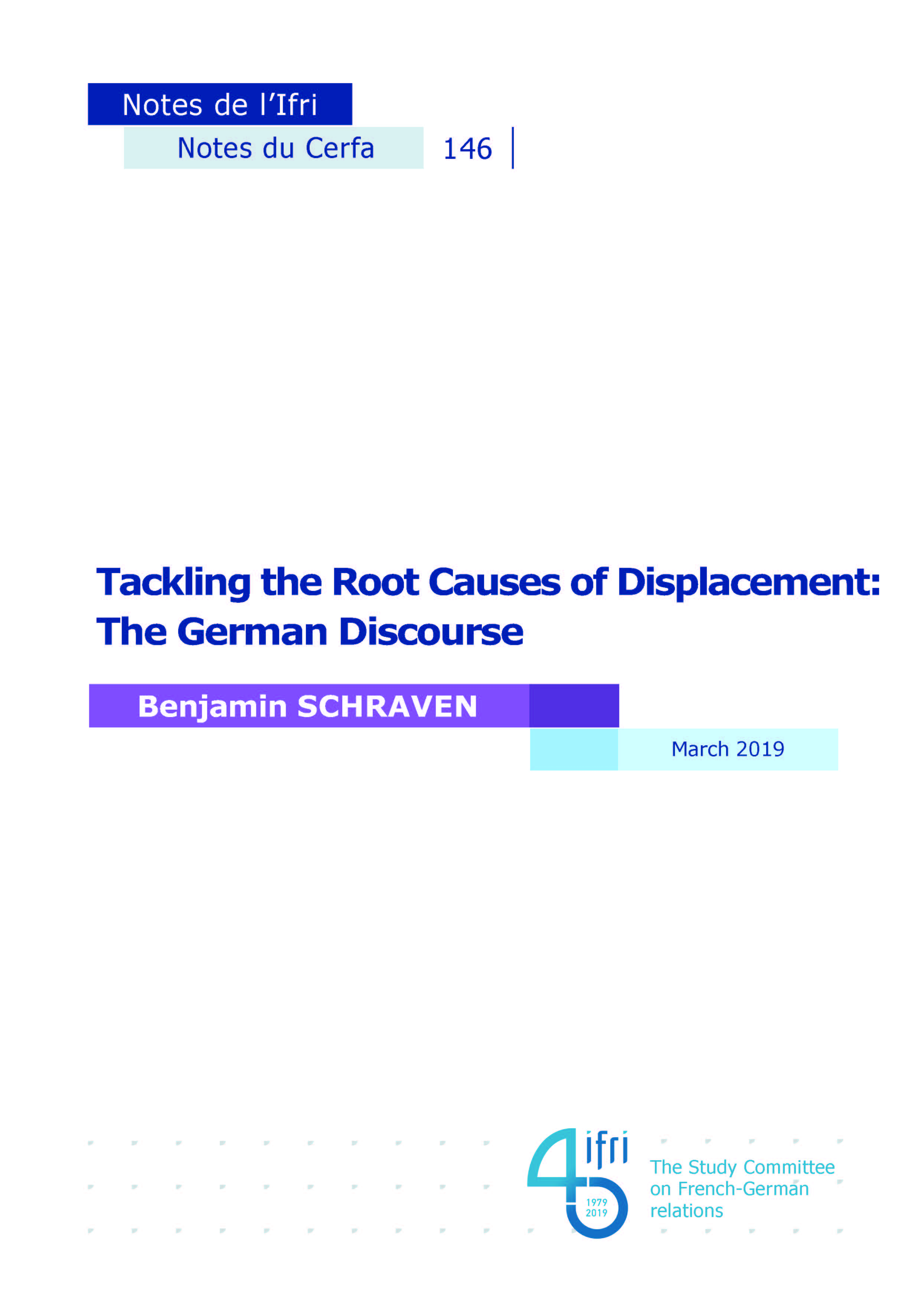Tackling the Root Causes of Displacement: the German Discourse

In Germany, an important role is ascribed to development policy when considering the question of how to deal with the causes of displacement and irregular migration. Development policy seeks to enable (potential) migrants to enjoy brighter prospects in their countries of origin through job creation measures so that they do not embark on the dangerous journey to Europe (or Germany) in the first place.
The idea of deploying development cooperation as an instrument for tackling the root causes of displacement is not a new concept. In Germany, this notion was already a matter of debate back in the 1980s. In this context, the analysis of the impact of migration is at odds with important findings in migration and development research. There is, after all, a positive correlation between (socio-economic) development and migration: if employment and wages in a developing country rise, then international migration likewise increases.
An important conclusion for German development policy would therefore be that processes of (regular) migration must be promoted to a greater extent. Moreover, important principles of development cooperation, such as respect for human rights, must be upheld at all costs. If this is not the case, then we risk, unintentionally, playing an active part in exacerbating future processes of displacement and irregular migration.
Benjamin Schraven, born in 1978, studied Political Science and received his doctorate in Development Studies from the University of Bonn in 2010. He has been a Senior Researcher at the German Development Institute (DIE) in Bonn since 2011.
This publication is also available the following languages:
- FRANCAIS "Lutter contre les causes migratoires : le discours allemand"
- DEUTSCH "Fluchtursachenbekämpfung: Die deutsche Debatte"
Download the full analysis
This page contains only a summary of our work. If you would like to have access to all the information from our research on the subject, you can download the full version in PDF format.
Tackling the Root Causes of Displacement: the German Discourse
Related centers and programs
Discover our other research centers and programsFind out more
Discover all our analysesMerz’ European Policy-making: The End of the ‘German Vote’?
Friedrich Merz’s European ambition is to turn Germany, long seen as hesitant into a leading actor within the European Union (EU). To that end, he has pledged to end the “German vote,” a phenomenon that epitomizes the paradox of a country both indispensable and frequently absent from European decision-making.

Securing critical raw material (CRM) value chains – a prerequisite for Europe’s technological resilience
At the heart of economic security, technological resilience is a backbone of the European Union’s (EU) competitiveness. The EU’s energy and digital transitions depend on critical raw materials (CRM).

Reconciling competitiveness and demographic change: a Franco-German imperative
France and Germany are facing parallel demographic shifts that could reshape the future of their economies and their social models. These shifts reflect broader European patterns but are magnified by the central role both nations play in EU governance and competitiveness.
Taking the Pulse: Does France's Political Crisis Weaken Europe's Geopolitical Hand?
While the EU tries to navigate a myriad international challenges, France is experiencing historic political disarray. What impact will instability in Paris have on Europe's geostrategic capacity?









